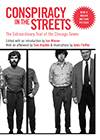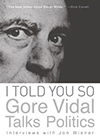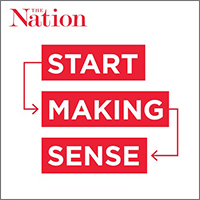Rebecca Solnit on Climate Action, plus John Nichols on Abortion Politics

Listen HERE
It’s getting late to take action about the climate emergency, but it’s not too late: that’s what Rebecca Solnit and Thelma Young Lutunatabua say in their new book, “Not Too Late: Changing the Climate Story from Despair to Possibility.”
Also: abortion rights will be a key issue for Democrats in the 2024 election, especially after Republican judges have tried to ban medication abortions. John Nichols comments. 4-20-2023
Fox News & Us: Harold Meyerson; Afghan girls: Shabana Basij-Rasikh; Abortion Politics: John Nichols

Listen HERE
Fox News created a Frankenstein – and the story isn’t over yet: Harold Meyerson comments on the Dominion Voting Systems settlement.
Also: Afghan girls who escaped from the Taliban: the boarding school that evacuated its students from Kabul during the chaotic withdrawal of the Americans. SOLA, the School of Leadership Afghanistan is the place where Afghan girls study to become members of the generation that will one day lead a peaceful and united Afghanistan. The founder, Shabana Basij-Rasikh, will explain.
Plus: John Nichols will comment on how the fight for abortion rights will be a key issue for Democrats in the 2024 election, especially after Republican judges have tried to ban medication abortions. 4-20-2023
Elie Mystal, Joan Walsh, and Chris Lehmann on Trump and His 34 Felonies; plus Afghan Girls
 Listen HERE
Listen HERE
The question with Donald Trump and his 34 felonies: Can he really be brought to justice for paying off Stormy Daniels? On this week’s Start Making Sense, we feature highlights of The Nation’s roundtable discussion with justice correspondent Elie Mystal, national affairs correspondent Joan Walsh, and D.C. Bureau Chief Chris Lehmann.
Also this week, we have a discussion of Afghan girls who escaped from the Taliban. It’s the story of a boarding school that evacuated its students from Kabul during the chaotic withdrawal of the Americans. SOLA, the School of Leadership Afghanistan is the place where Afghan girls study to become members of the generation that will one day lead a peaceful and united Afghanistan. The founder, Shabana Basij-Rasikh, explains. 4/12/2023
Abortion Politics: Harold Meyerson; plus Beverly Gage on J. Edgar Hoover
L isten HERE
isten HERE
The latest move by a Republican judge to ban the abortion drug Mefipristone is likely to turn out more Democratic voters, says Harold Meyerson. Also: Trump’s Easter Sunday tweet.
Plus: We know a lot about the bad things J. Edgar Hoover did, but it turns out there’s a lot we didn’t know. Historian Beverly Gage joins the podcast to explain. Her new book is “G-Man: J. Edgar Hoover & the Making of the American Century” — it’s been nominated for an LA Times Book Prize, which will be awarded next week. 4-13-2023
John Nichols on Progressive Victories and Chris Lehmann on Trump’s Felonies
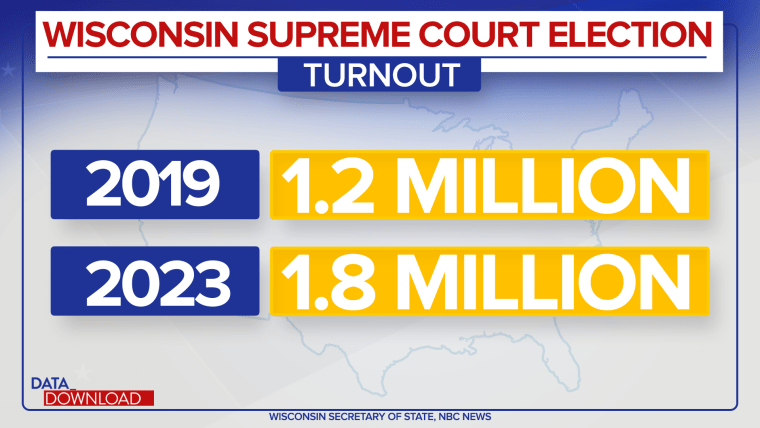 LISTEN HERE
LISTEN HERE
The landslide victory of the progressive candidate in Wisconsin’s Supreme Court race, Janet Protasiewicz, ten times bigger than Biden’s, shows how abortion wins elections. And in Chicago, progressive candidate Brandon Johnson won the race for mayor. John Nichols joins the show to discuss these victories.
Also on this episode: Will Trump’s indictment on 34 felonies change anything in the 2024 election? Or had everybody already decided what they think about Donald Trump? The Nation’s DC Bureau Chief, Chris Lehmann reports. 4-5-2023
Progressives win in Chicago and Wisconsin: Harold Meyerson & John Nichols; plus Chris Lehmann on Trump in Court
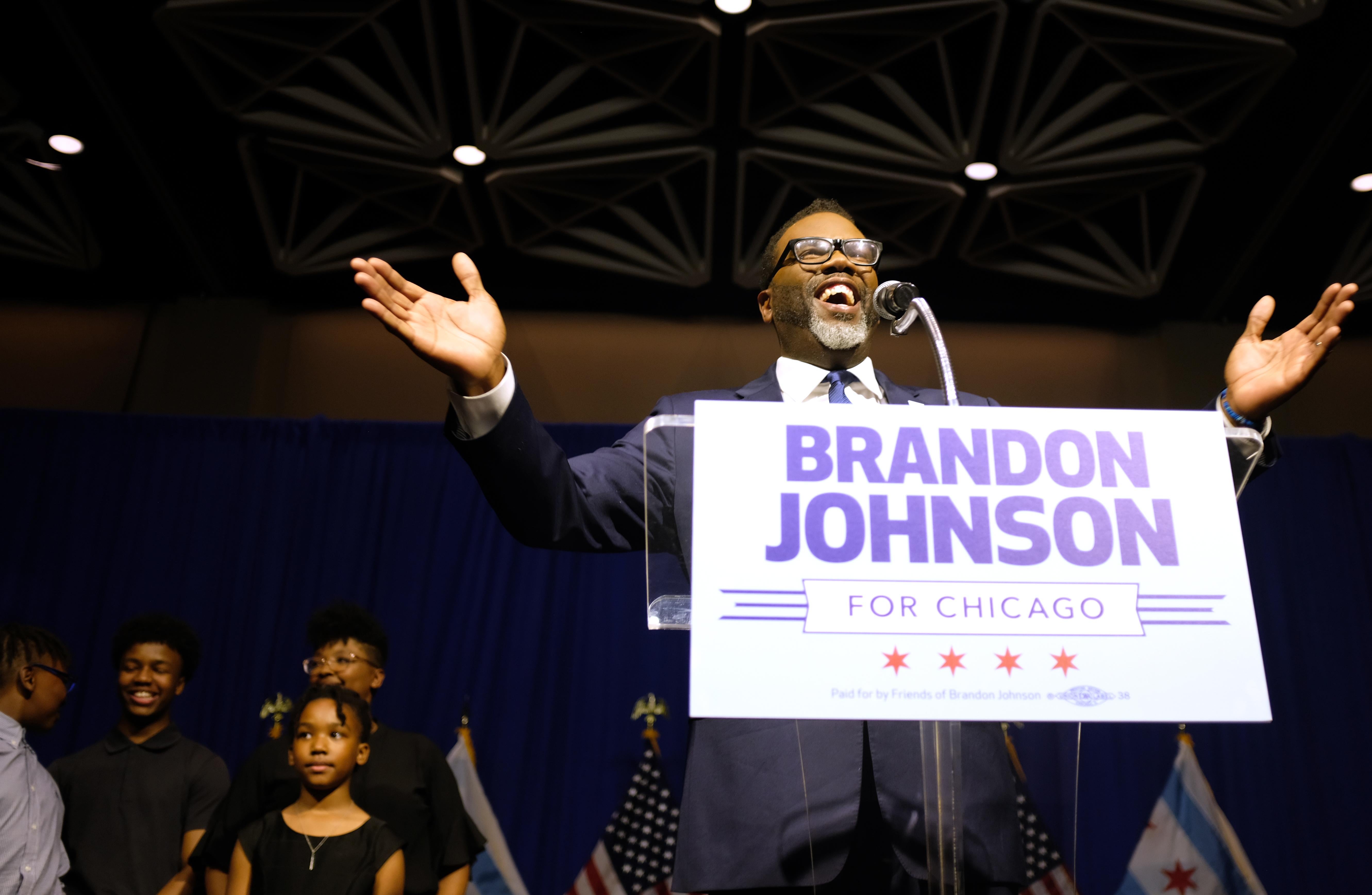 Listen HERE
Listen HERE
Progressive Brandon Johnson won the Chicago mayoral election: Harold Meyerson explains how he did it, and the lessons for progressives.
Also: The landslide victory of the progressive candidate in Wisconsin’s Supreme Court race, Janet Protaisewicz, ten times bigger than Biden’s, shows how abortion wins elections–John Nichols explains.
plus: Will Trump’s indictment on 34 felonies change anything in the 2024 election? Or had everybody already decided what they think about Donald Trump? Chris Lehmann reports. 4-6-2023
Low-Paid Workers Strike and Win in LA; Minor League Baseball Players Form a Union
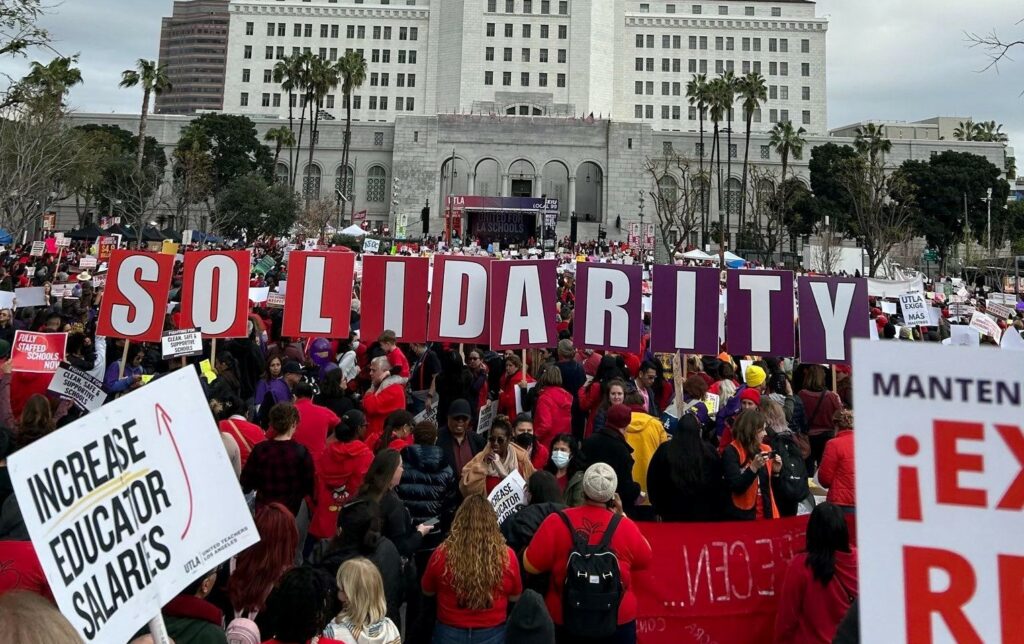
Listen HERE
In Los Angeles last week, a three-day strike by 30,000 public school custodians, food service workers, bus drivers and teacher’s aides ended with a 30% pay increase. Harold Meyerson, the editor-at-large of The American Prospect, joins the podcast to discuss.
Also: For a century, thousands of young baseball players have lived with low wages, overcrowded housing, and all-night rides in uncomfortable buses in order to play in baseball’s minor leagues, hoping to eventually make it to the majors. Now, their lives are changing because they organized a union. Kelly Candaele and Peter Dreier have more on that story. 3-30-2023
Low-Wage Workers’ Victory in LA: Harold Meyerson; the Minor League Baseball Union: Kelly Candaele and Peter Dreier; Women v. Trump: Dahlia Lithwick
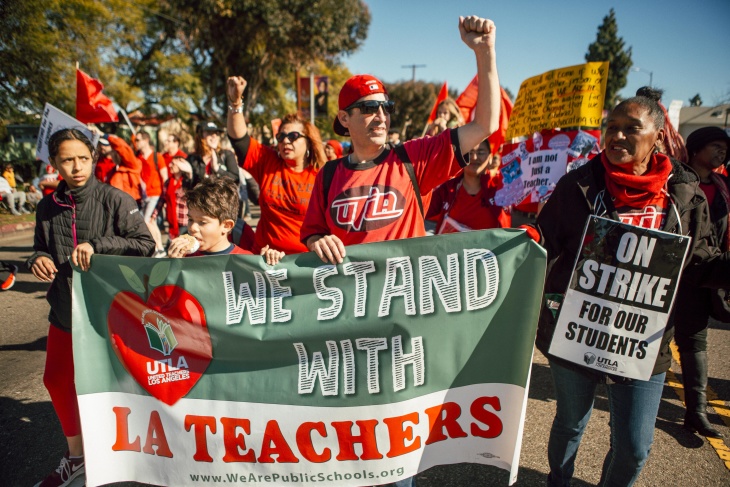
Listen HERE
Last week’s 3-day strike in LA by public school custodians, food service workers, teachers’ aides and bus drivers won a 30% pay increase–Harold Meyerson reports.
Also: How minor league baseball players organized a union for the first time in history: Kelley Candaele and Peter Dreier report.
And Dahlia Lithwick talks about some of the heroes of the Trump years: the women lawyers who fought him on the big issues—the Muslim ban, neo-Nazis in Charlottesville, and voting rights. Her book is “Lady Justice” has been nominated for an LA Times book award. 3-30-2023
Start Making Sense: Katha Pollitt on Women in 2023, plus Christian Appy on Protest in 1969
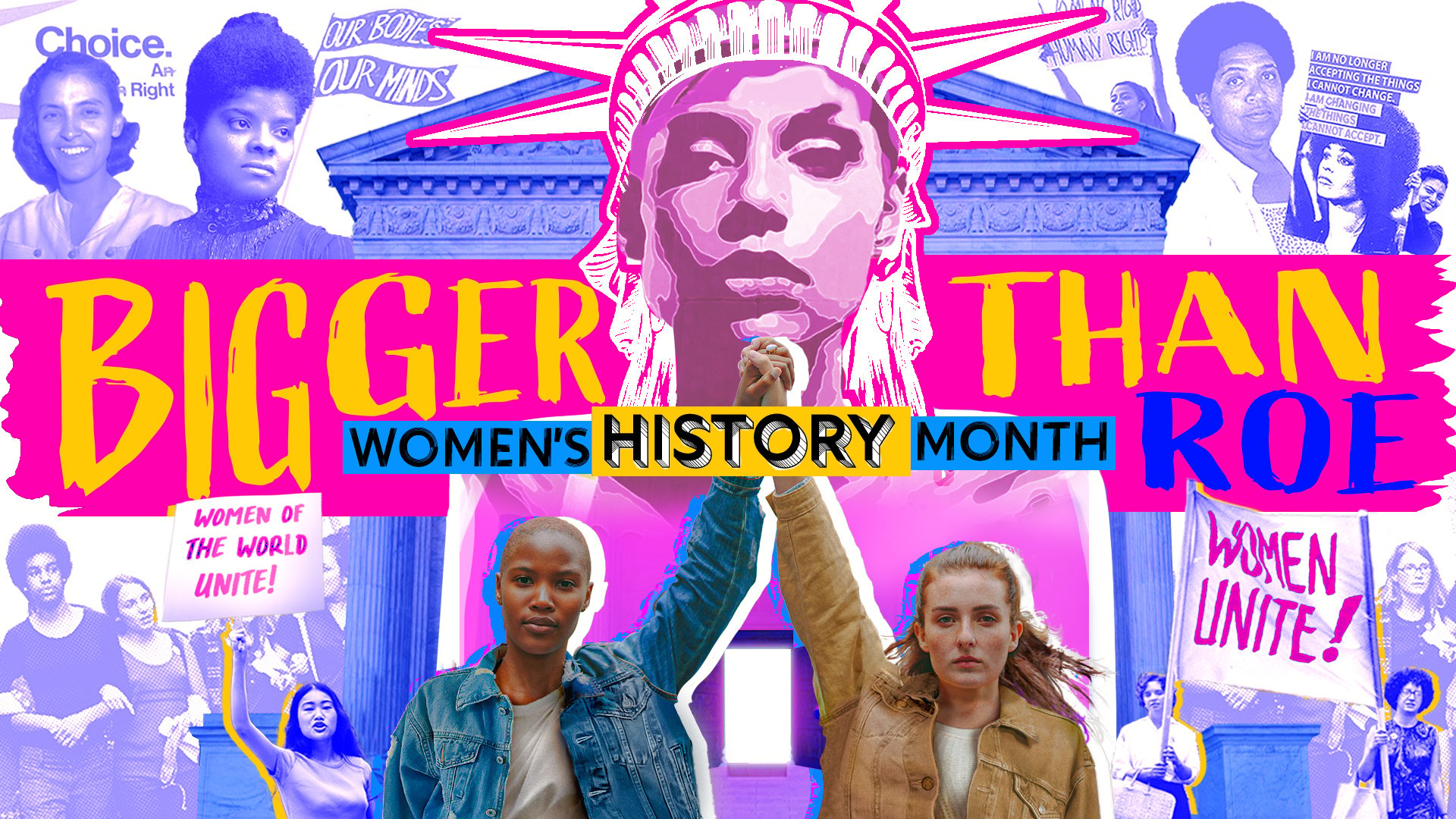
Listen HERE
American women in 2023: the news is bad, but it’s not all bad. Katha Pollitt is on the Start Making Sense podcast to explain.
Also: the largest anti-war demonstrations in American history were the protests in the fall of 1969–with more than two million people in the streets demanding “End the War in Vietnam.” But did those demonstrations help end the war? Historian Chris Appy comments on the new documentary, “The Movement and the ‘Madman,’” out on PBS American Experience March 28. 3-23-2023
Billionaires and banks: Harold Meyerson; Women in 2023: Katha Pollitt; Vietnam Era Protest: Christian Appy
Listen HERE
Harold Meyerson comments on the fed, the banks, and the billionaires; also, the coming indictment of Donald Trump.
Plus: American women in 2023: the news is bad, but it’s not all bad. Katha Pollitt explains.
Also: the largest anti-war demonstrations in American history were protests in the fall of 1969–with more than two million people in the streets demanding “End the War in Vietnam.” But did those demonstrations help end the war? Historian Chris Appy comments on the new documentary, “The Movement and the ‘Madman,’” on PBS American Experience March 28. 3-23-2023


